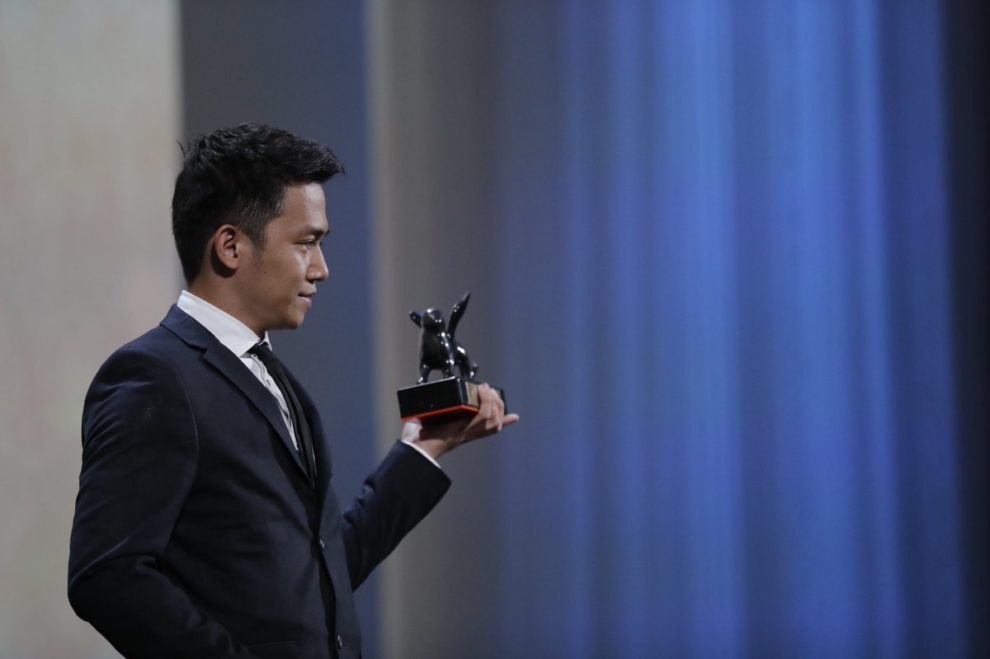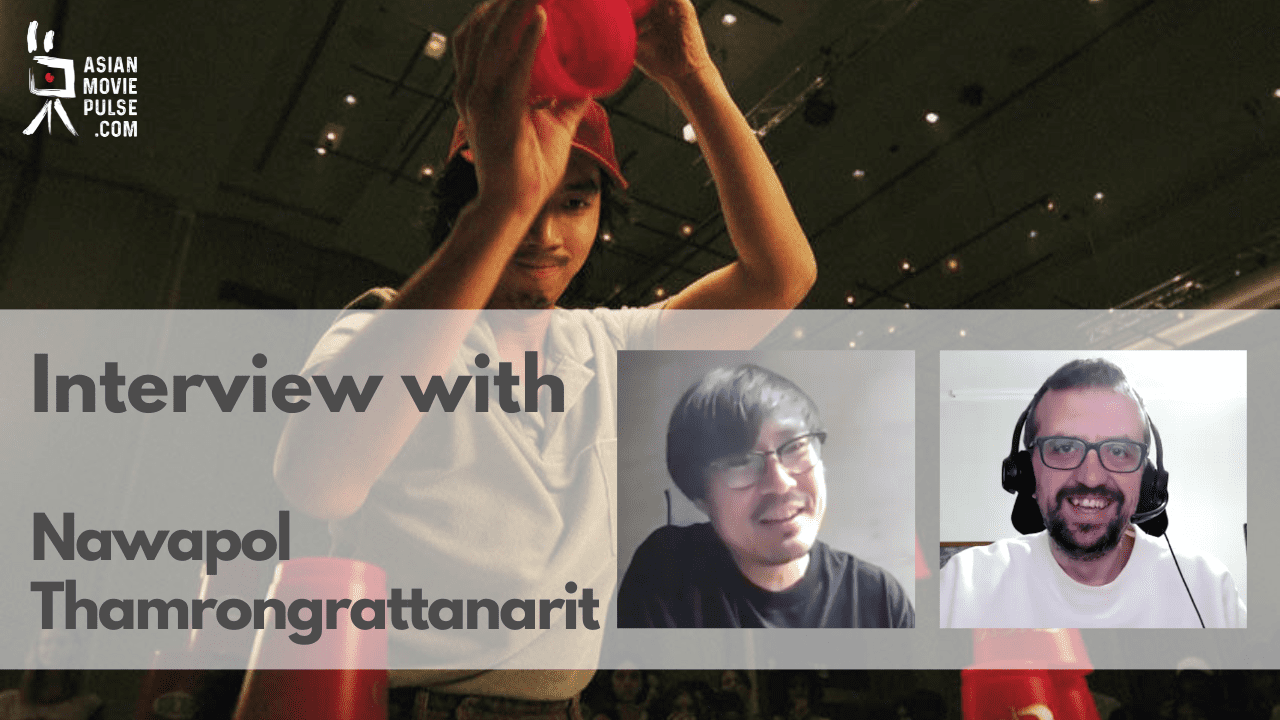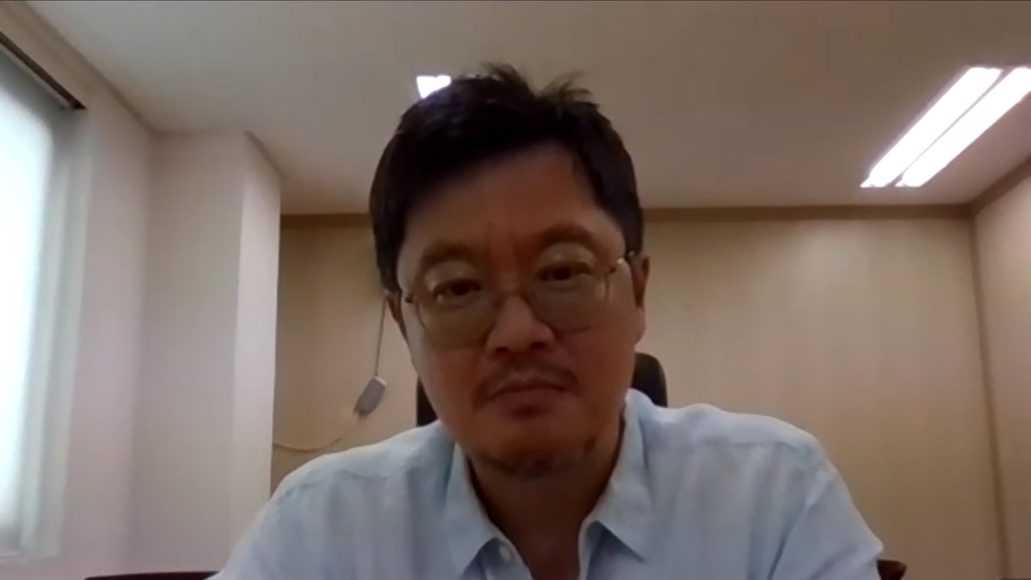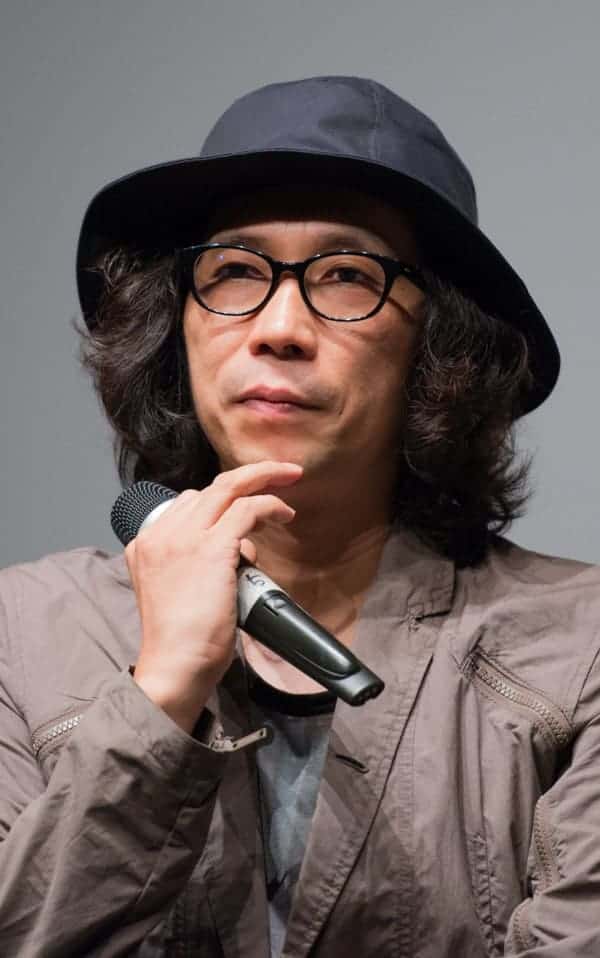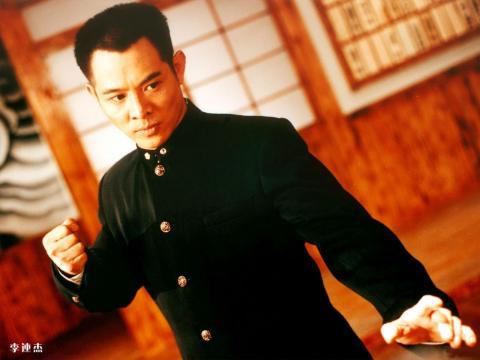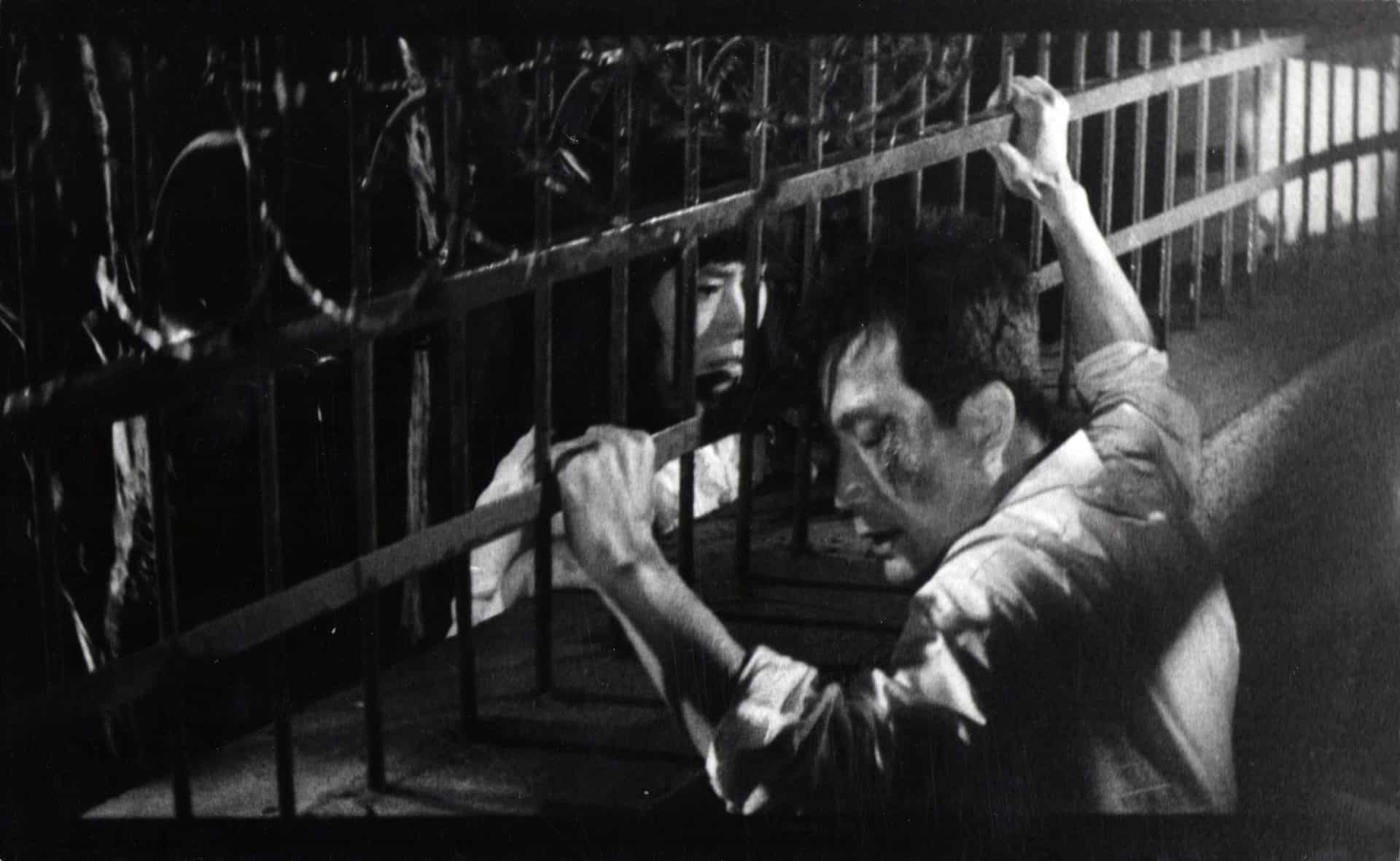Raymund Ribay Gutierrez was born in Makati City, Manila, Philippines. He has directed the Festival shorts “Imago” and “Judgement”, both of which were nominated for a Palme d'Or at Cannes; “Imago” also won the TIFF Short Cuts Award for Best Short Film. “Verdict” is his feature debut.
On the occasion of Verdict screening at Five Flavours Asian Film Festival, we speak with him about the transition from short to features, domestic violence and bureaucracy in the Philippines, the cinematography and the editing in the film, and many other topics.
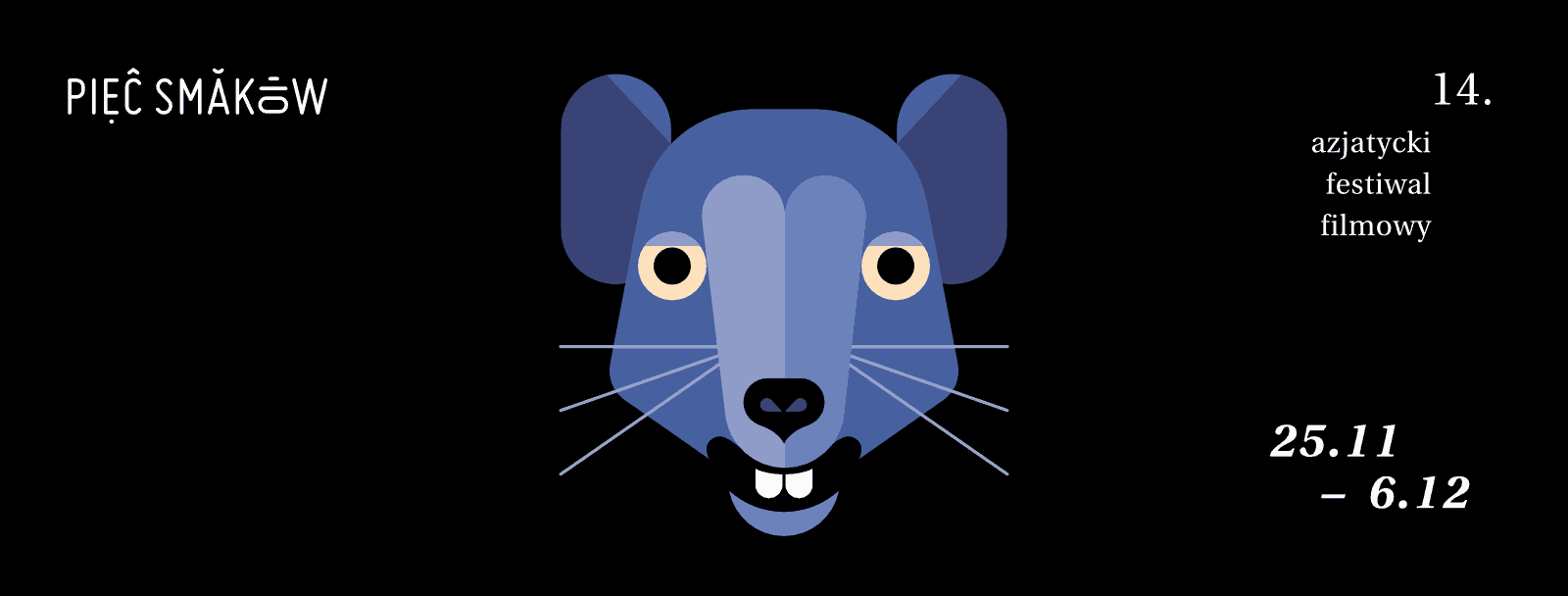
How was the transition from short films to feature ones? What was the biggest difficulty and what the biggest difference?
Making films is always difficult either short or feature. Both has it's respective discipline to acknowledge. Telling short stories that feels like a feature and telling a full-length stories that feels like a short.
The film deals with domestic violence and the issues deriving from the bureaucracy in the Philippines. Why did you choose these topics and what is your opinion on them?
I'm against bureaucracy and violence against women, but sadly it has become, somehow, an acceptable norm in our society.
The film opens with a rather violent and intense scene. Can you give us some details about the way you shot it? Was it different for the actors and particularly Jordhen Suan to perform in this particular scene?
I didn't want to tire the actors, given that the situation is physically demanding. So I did it in two takes with simple instructions to my actors. I tell my camera man the critical details, emphasizing the core of the scene, and then I let them take over once I call action.
In general what was the casting process for the film and how did you cooperate with your actors?
Generally, I work with the actors I trust and have the same instinct as me. If the actors are new, I have a workshop with them to introduce my way of shooting things. I also mix professional and non-professional actors to achieve spontaneity.
The scene in the court is also quite intense although in different terms. How close to reality would you say this scene is and what kind of research did you do regarding this part?
Immersion and factual research is the key to authenticity. In directing scenes, I make the simple appear complex and the complex appear simple. The film features a number of long takes.
Why did you choose this approach and how was your cooperation with Joshua Reyles overall? What was your purpose in the visual aspect of the movie?
I am showing the geography of the film because it's what is all about. The world of my subject. By long-takes, it's as if you are experiencing first hand. Joshua is my colleague from my mentor Brillante Mendoza. It's a great factor that he knows how to tell stories in motion.
Same question about the editing and Diego Marx Dobles.
The editor is the third storyteller aside from the scriptwriter and the director. So sometimes, the story changes in the editing room relatively to the footage we shot and not from the script.
What is your opinion of the current state of the Filipino movie industry?
The Philippine movie industry is still young and looking for its distinct mark. Eventually, we'll get there but not in my lifetime.
Are you working on any new projects?
Yes, but it's too early to say announce.


